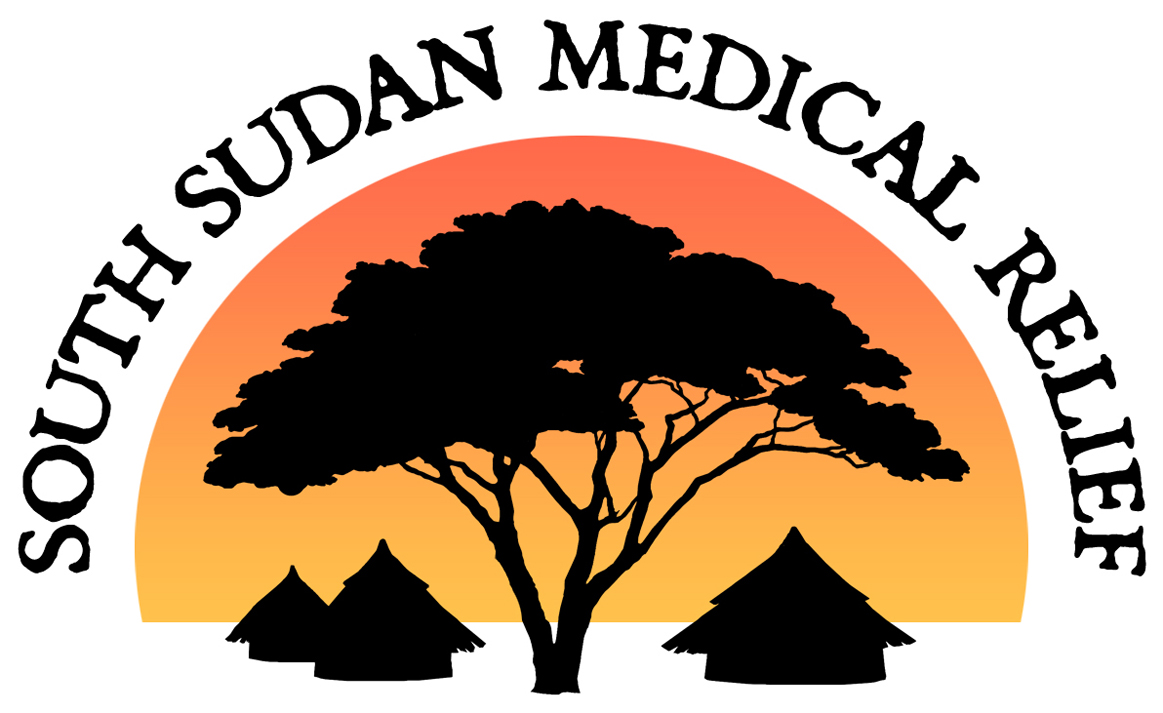The people of South Sudan voted themselves into existence as the youngest nation on earth in 2011. Their jubilation was breathtaking; their issues daunting. South Sudan began as one of the poorest nations in the world, ranking low on critical indicators: the world's highest maternal mortality, and one of the lowest levels of education. Despite this, we all glowed with the thought that the future could be different.
Our high hopes were shattered on December 15, 2013.
Our wards overflowed with war wounded. We still needed to care for the women and children.
On Monday morning, 16 December, BBC announced there had been gunfire in Juba Town, our capital city, all night. No explanation was given. We ran to ask George, who always knows what's happening. He was drinking tea in the market. No one had heard of problems in Juba. Using his satellite phone (We have no mobile coverage in Old Fangak), George called a variety of people in Juba, including some generals native to Fangak. "Yes there is shooting. We do not know what is happening. It is bad. Call us back in an hour.” An hour later, George called again. They said the same thing. “We do not know what is happening. It is bad.” And this time they added “It is war.”
Thus the violence began. The South Sudanese Human Rights Commission established that from December 16th to 18th, over 600 people were killed and more than 800 woundedaround Juba. Most of them were Nuer.
Although there were rumored disagreements within the government and the ruling party, that debate did not run along tribal lines. Within a week of the slaughter in Juba, violence overflowed to the rest of the country, and everything changed in South Sudan. Nuer were not safe in much of Dinka land; Dinka were not safe in much of Nuer land; and no one was safe in the big cities. There are wonderful tales of individuals from one tribe aiding those of another, but the overall horror of the massacres attacks on refugees in churches and hospitals, was unimaginable. How many generations will it take to heal from revenge killings along tribal lines?
Tens of thousands of lives have been saved by the UN's protection camps. UN actions have surely helped stave off a Rwanda-like disaster. But all our people have someone dead, someone missing, someone unable to return home.
And we had so many plans that simply stopped.
And what has happened in Old Fangak?
Within days, the head chief of Paguir (one of the biggest Nuer areas represented in Old Fangak) and the head chief of Kuolrai (the Dinka area served by Old Fangak) met to reassure each other that they were brothers. That meeting--along with the fact that we have no roads to drive tanks on, and no oil to attract outside interesthas saved our area from gunfire and massacres.
Our clinic remained open every day, a feat not matched in any other place in Jonglei state. Some days flow better than others. News that our patients’ relatives have been killed saddens us ; news of a lost relative who has been found alive spreads smiles all over old Fangak.
With the help of Red Cross surgical teams and Medecins Sans Frontiers, and food from the World Food Program, our incredible staff cared for hundreds of war wounded, and thousands of internally displaced over the past five months. Meanwhile, strengthening our programs for maternal/child health, tuberculosis, and other infectious diseases is more crucial than ever. Healthier people can better endure the rigors of war.
